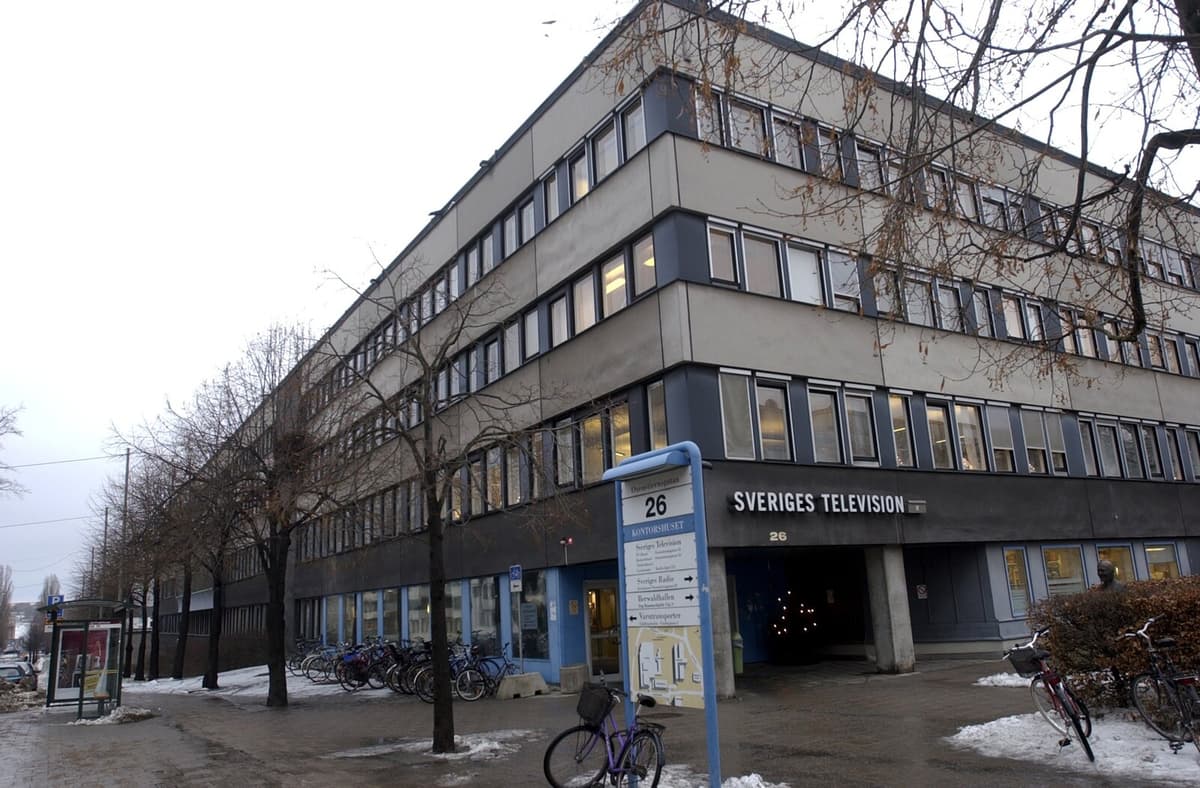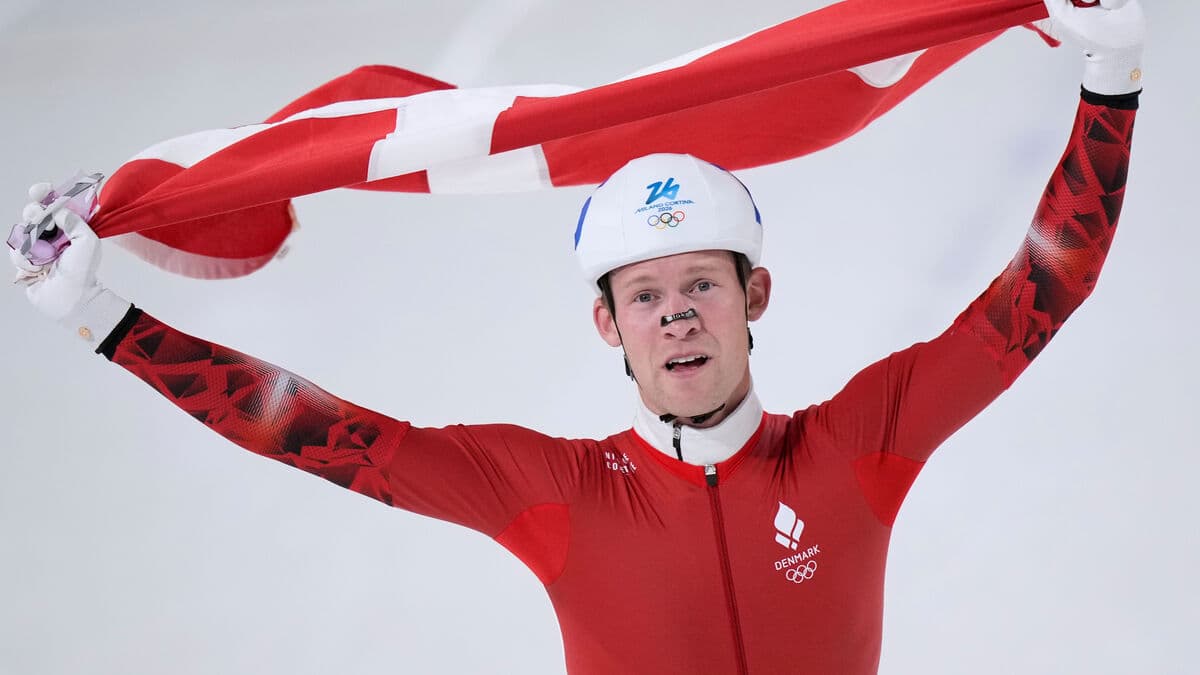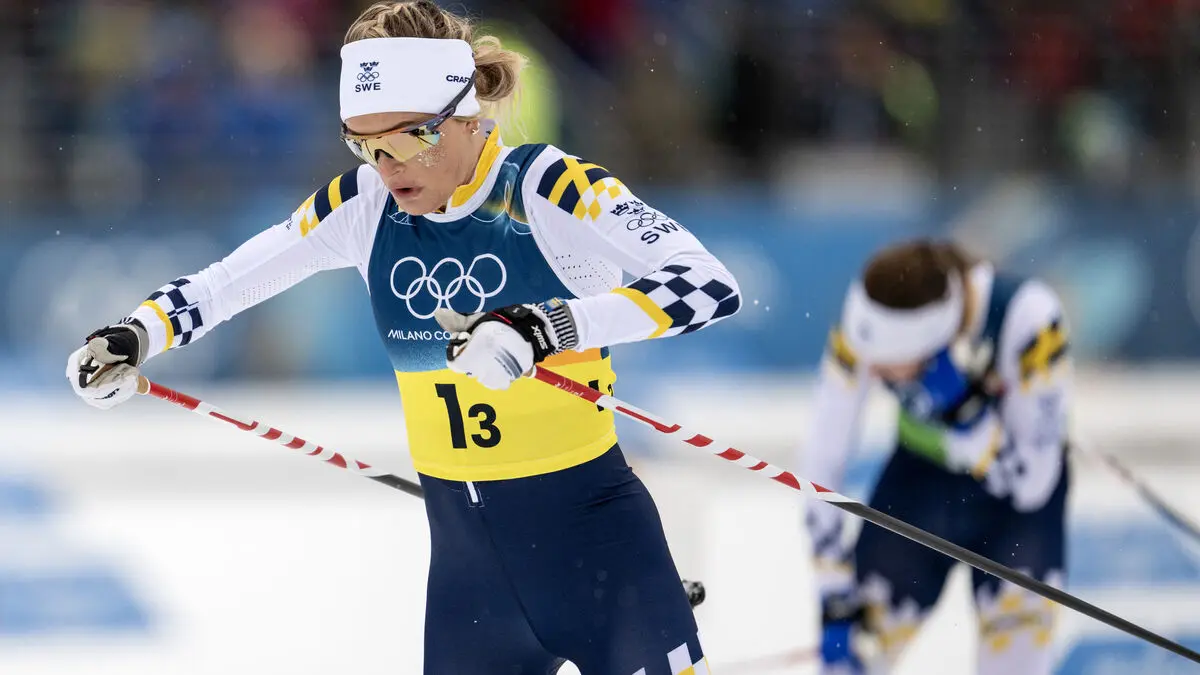This means that TV viewers will no longer risk missing Friday's broadcasts of "Sportnytt", "Kulturnyheterna" and the coverage of the Finland-Sweden ice hockey match.
"It was tough, but now we have reached an agreement and are satisfied with having a deal in place. This is a victory for fair terms," says Peter Hellberg, the chairman of the Union, in a press release.
The Union demanded higher salaries and shorter working hours, and according to the trade union, the new agreement provides "both a good salary increase and contributes to a sustainable working life through shorter working hours". Part-time employees will also receive the same compensation as full-time employees when they work overtime.
One day per year
The working hours for members of the Journalists' Union (SJF) and the Union will be shortened by one day per year, which SJF's chief negotiator Katarina Dahlskog describes as "a breakthrough for the issue of recovery in the media industry". The salary increases are, according to SJF, "in line with the rest of the labor market".
The Journalists' Union is satisfied with having reached an agreement and that we have been able to accept an offer, says SJF's press chief Petteri Flanagan Karttunen to TT.
More inconvenient shifts
Almega's chief negotiator Sara Ejdeskog says in a press release that the negotiations were "tough". She is glad that the strike could be avoided and emphasizes that employers have gained extended opportunities to schedule evening and night shifts.
More people will work inconvenient shifts, says SJF's Petteri Flanagan Karttunen, and continues:
But what has been important for us is that there should still be an agreement about it.
Advertisement
The new collective agreement provides salary increases in the media industry of 3 percent in 2025 and 2.5 percent in 2026 and applies to SVT, SR, and UR.






